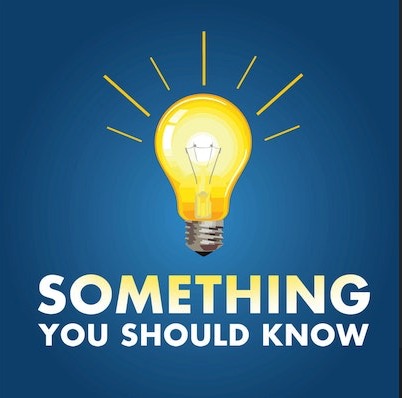The concept of body language is based on the idea that what you do with certain body parts sends a message to other people. This apparently holds true for your belly button. Today’s episode begins by explaining what message your belly button sends to others and what theirs sends to you. Source : Source: Janine Driver author of You Say More Than You Think.
Have you ever eaten food when you weren’t actually hungry? Or continued to eat even though you were full – and then regretted it? I imagine we all have. What if there was a way to stop that and actually enjoy the food you eat even more? That’s what you are going to hear from Dr. Jud Brewer. He is a professor at Brown University’s School of Public Health author of the book The Hunger Habit: Why We Eat When We’re Not Hungry and How to Stop. If you have ever eaten for a reason other than hunger, you need to hear what he has to say. His app is called Eat Right Now and is available wherever you get your apps.
Generally, people don’t understand how randomness or coincidences really work and how they affect predictions we make about our own futures. It seems that coincidences happen a lot more often than you think and randomness doesn’t look as random as you would expect. How all this works together is fascinating as you will hear from my guest Kit Yates. He is a senior lecturer of mathematical science in the UK and author of the book How to Expect the Unexpected: The Science of Making Predictions―and the Art of Knowing When Not To.
Kit Yates’ last appearance here was episode 362 about the math of life and death. Hear it here
Back in 2008 a list came out from Oxford University of the 10 most overused and despised words and phrases in the English language. Listen as I tell you what they are and hear how familiar they still sound 16 years later.
Sidebar
Our mission is to promote and facilitate civic engagement and neighborhood empowerment, and to hold area government and its politicians accountable.

 CityWatch Los Angeles
Politics. Perspective. Participation.
CityWatch Los Angeles
Politics. Perspective. Participation.
26
Thu, Feb














